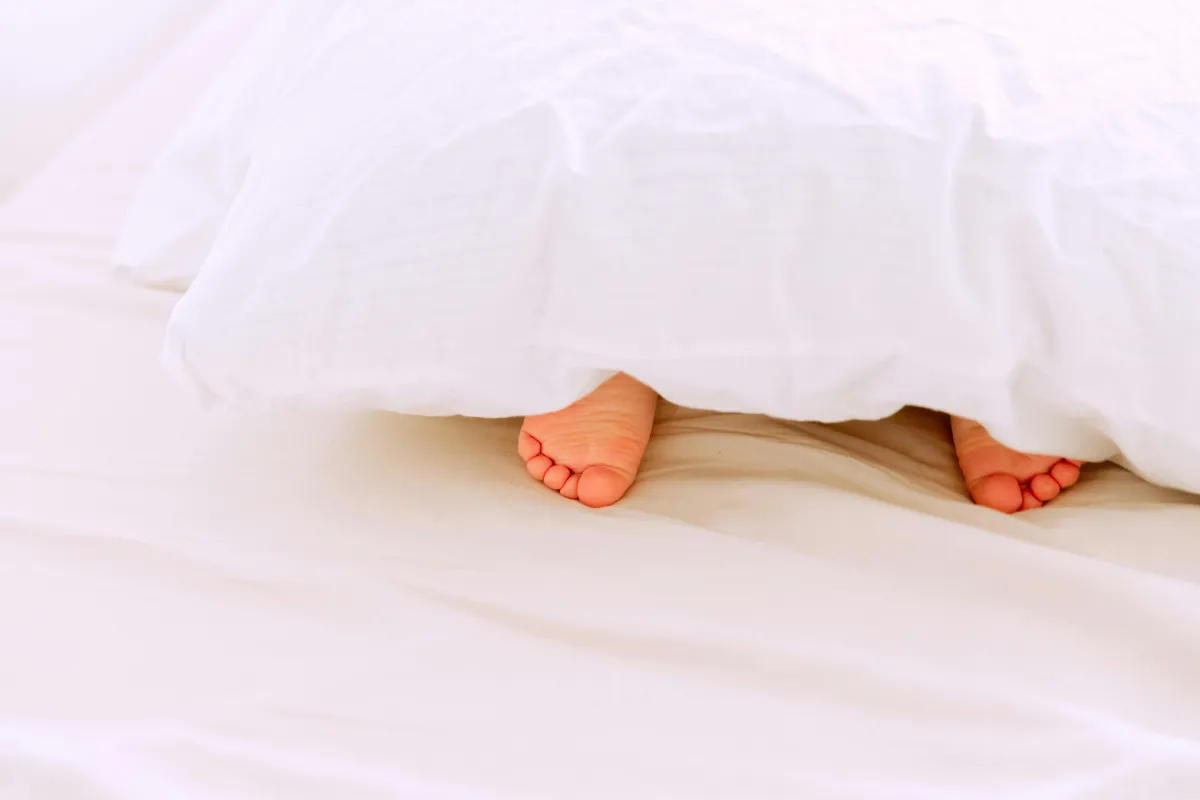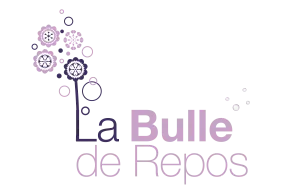
Understanding sleep in burnout
Sleep just before burnout
In my previous blog, I was telling you how waking up very early with your brain already going over your to-do list items at full speed could be one of the signs that you are very near burnout. Of course, other signs need to be present to confirm this, among which being overworked is a minimum.
But if the other signs I mentioned are indeed present, what particular signs of potential burnout should alert you? The most common: your sleep was previously fairly good and suddenly you very regularly wake up much earlier than before. For instance, you were used to waking up around 7am and now you are wide awake at 5 am with your brain going over all you have to do. Maybe you even decide to wake up then to catch up on that never-ending to-do list. Week after week, your sleep gets more and more disrupted and less refreshing.
If this is your case at the moment, it is time to take a break, have some time off and assess where you are at because this is generally a sign burnout is just around the corner.
If you are wondering if you could be close to burnout, why not take our test?
Sleep in burnout
If you already are in burnout, you are at last sleeping more but not finding it refreshing and waking up just as exhausted. You may even have recurring nightmares or panic attacks during the night.
It will take time for the quality of your sleep to improve. Recovering from burnout takes many months. You will also need help. Sophrology is particularly adapted to help with sleep and anxiety. You learn how to relax deeply, calm anxiety and reset your sleep.
This is also a time when a very long nap is recommended, 90 minutes to 3 hours, ie one or two sleep cycles. What would be unusual at other times is here crucial to recover.
And beyond
Will burnout have any after-effects on your sleep? If you have had proper support to recover from burnout, you should go back eventually to peaceful and restorative sleep. Of course, you will also need to learn how to work, function differently in order to avoid relapsing. But if you have learnt from the experience, you should go back to proper sleep. You may find it harder to wake up in the morning though. Cortisol normally wakes us up in the morning but your adrenals have been so depleted that, even after recovering, they may still find it hard to get started in the morning and therefore wake you up later.
If this is the case and you are lucky enough to be able to choose your working hours, start your work/activities later (10 am for instance) or, if this is not possible, make sure you recharge regularly so as not to exhaust yourself again. A flash nap (5 to 20 minutes) in the early afternoon could help. Or making sure you catch up on sleep at weekends.
© Copyright 2024 La Bulle de Repos - Mentions légales

